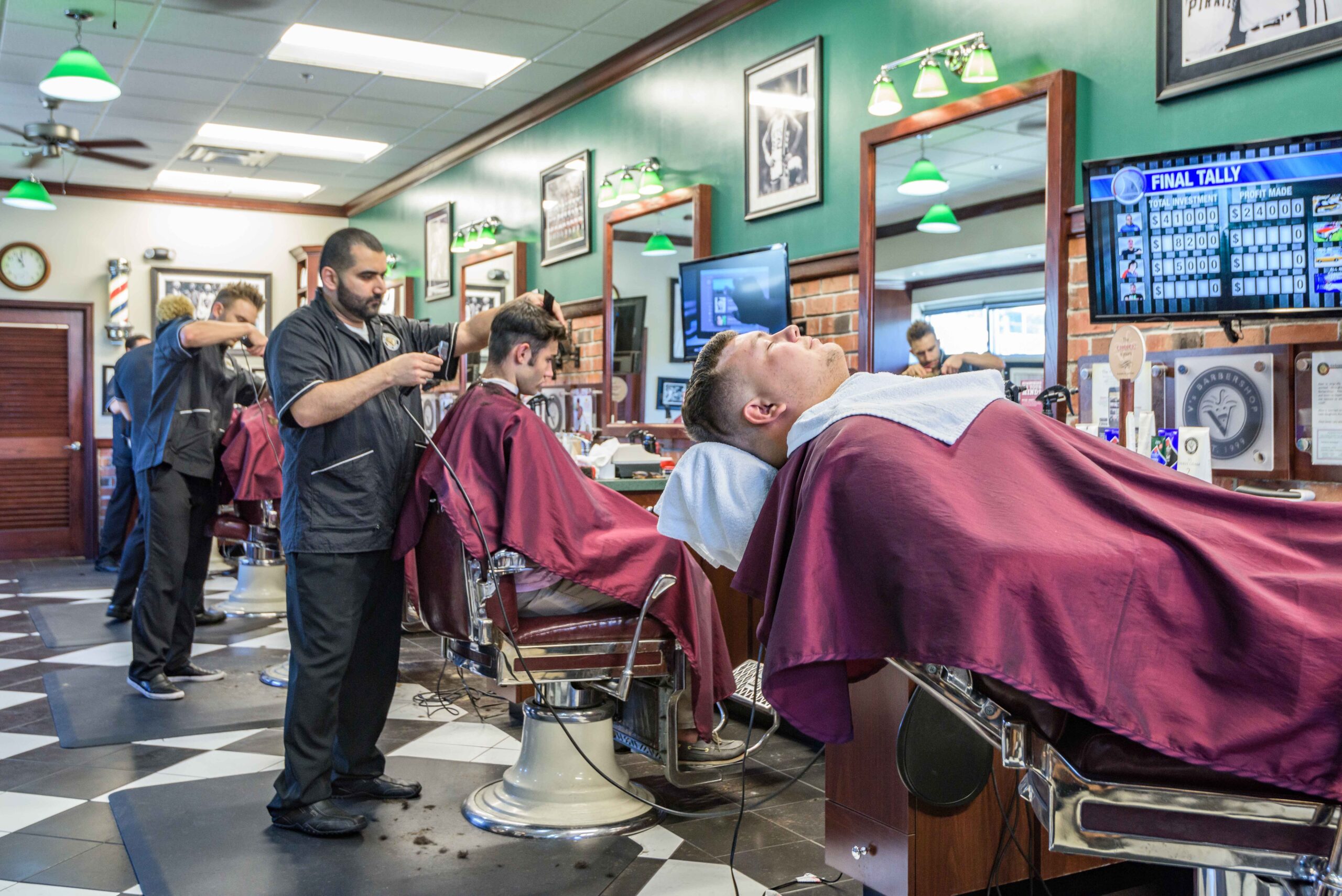This article was co-authored by Mark Cunningham, Vice President of Communications at Libertas Institute.
A recent Salt Lake Tribune article highlights concerns from Utah barbers over potential changes to licensing requirements. Their argument? That cutting hair requires “precision and technical knowledge” and should remain tightly regulated by the state. But this is nothing more than protectionism dressed up as consumer advocacy.
The reality is that barber licensing rules have little to do with public safety and everything to do with keeping out competition. Yes, proper sanitation and hygiene training matter—but requiring hundreds of hours of schooling and costly licenses just to cut hair is excessive. Many states have begun to roll back similar laws after recognizing that they create unnecessary barriers to entry, particularly for low-income entrepreneurs and minority communities.
A bad haircut isn’t a public health crisis. Customers already regulate the industry by choosing not to return to barbers who do poor work. The free market handles quality control far better than government bureaucracy ever could. Yet, established barbers—who have already invested time and money into the current system—now want to use state power to make it harder for newcomers to enter the field.
Licensing should be limited to legitimate health and safety concerns, not used as a weapon to stifle competition. If lawmakers truly care about economic opportunity and consumer choice, they should rethink these outdated regulations.







